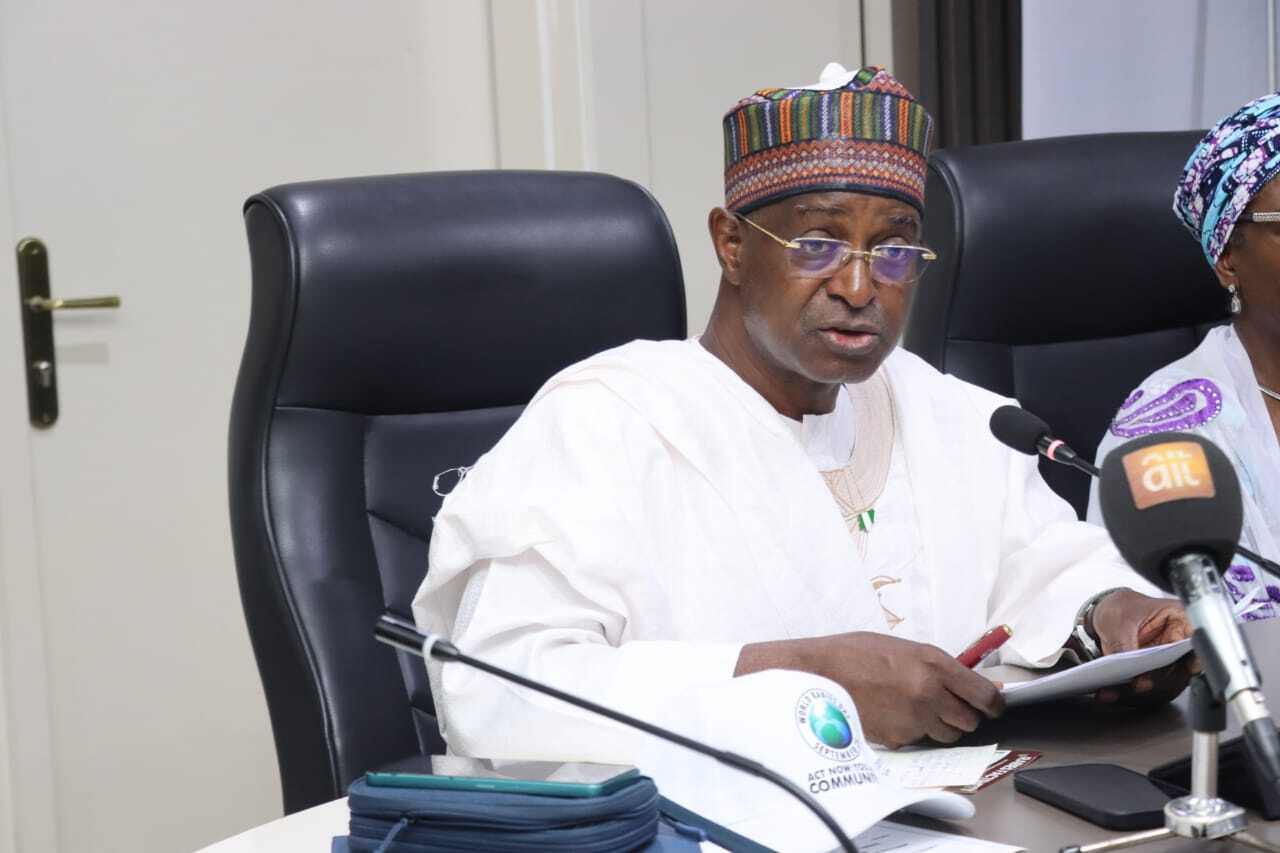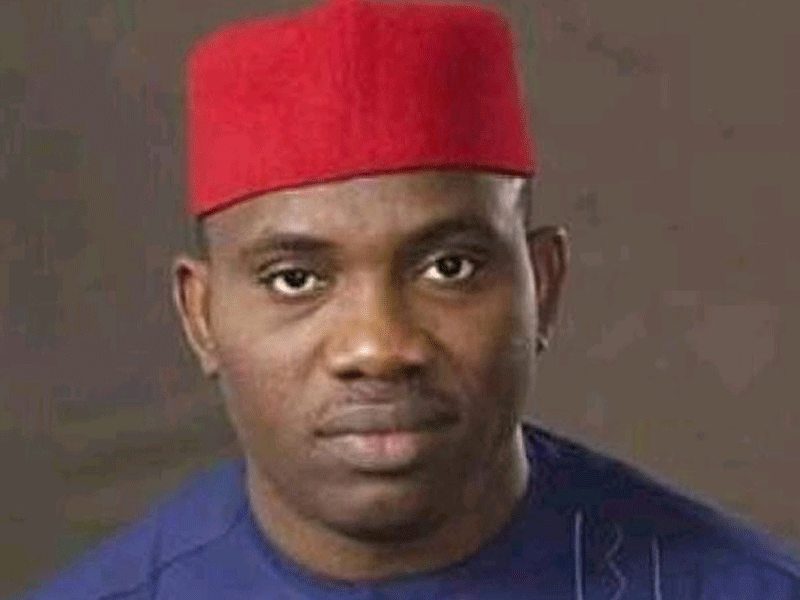Experts who gathered at the 8th Triennial Conference of the Independent Shareholders Association of Nigeria (ISAN) held in Lagos, yesterday, have underscored the urgent need for the government to implement a comprehensive policy framework aimed at accelerating the development of transportation infrastructure across the country.
They emphasised that such an initiative is crucial to revitalising the manufacturing sector and driving Nigeria toward its ambitious goal of achieving a $1 trillion economy by 2030.
Speaking on the theme: ‘Nigeria, towards a $1trillion economy by 2030’, the stakeholders also bemoaned the worsening state of insecurity in the country.
They described insecurity as a major obstacle to economic growth and a key contributor to the rising hardship faced by millions of Nigerians.
According to them, no meaningful economic progress can occur in an environment plagued by fear, instability, and violence.
They argued that for Nigeria to reach the $1 trillion economic target, its current Gross Domestic Product (GDP), which stands at approximately $237 billion and grows at an average rate of 3.64 per cent, would need to expand by about 22 per cent consistently and sustainably.
Achieving this, they maintained, would require a robust and vibrant manufacturing base capable of generating jobs, producing goods competitively, and stimulating other sectors of the economy.
While acknowledging that the government’s ongoing economic reforms have opened up new opportunities, the stakeholders stressed that these reforms must be complemented by improvements in security and infrastructure.
They observed that Nigeria’s productive sectors cannot thrive when poor road networks continue to disrupt the smooth movement of goods and services, while insecurity cripples agricultural productivity and discourages both local and foreign investment.
Partner, Assurance at EY, Williams Erimona, pointed out that about half of Nigeria’s GDP is currently dominated by the services sector.
He emphasised the need to channel more attention toward boosting local production and attracting sustainable foreign investments.
However, he warned that these goals would remain elusive unless the security situation improves significantly.
Erimona added that Nigeria must learn from the development trajectories of emerging economies such as Brazil, India, and Indonesia, which achieved rapid growth through strong industrialisation and manufacturing.
President of the Noble Shareholders Association, Matthew Akinlade, expressed concern over the deplorable state of Nigeria’s road infrastructure, particularly those leading to the nation’s ports.
He argued that just as the telecommunications and power sectors have undergone significant reforms, similar attention must be given to the transport sector to stimulate business activities and attract foreign direct investment.
Akinlade noted that Nigeria could become a major hub for exports if it builds a strong manufacturing base supported by efficient infrastructure and a secure environment.
He recalled that during the 1970s, Nigeria’s manufacturing sector was thriving, with vibrant industrial estates and significant job creation.
However, the country’s dependence on oil revenue and imported goods gradually eroded its industrial capacity.
In his remarks, Managing Director of Computer Audit Control & Security (CACS) Association LTD, Dr Martin Ikpehai stressed that addressing terrorism and insecurity is critical to reviving agricultural productivity and ensuring food security.
He also maintained that without peace and stability, efforts to grow the economy and achieve Nigeria’s trillion-dollar vision would remain unattainable.
In his welcome address, the National Coordinator of ISAN, Moses Igbrude, emphasised that the conference serves as an essential platform for stakeholders to engage in meaningful dialogue, exchange ideas, and contribute to shaping policies that can drive sustainable economic growth in Nigeria.






